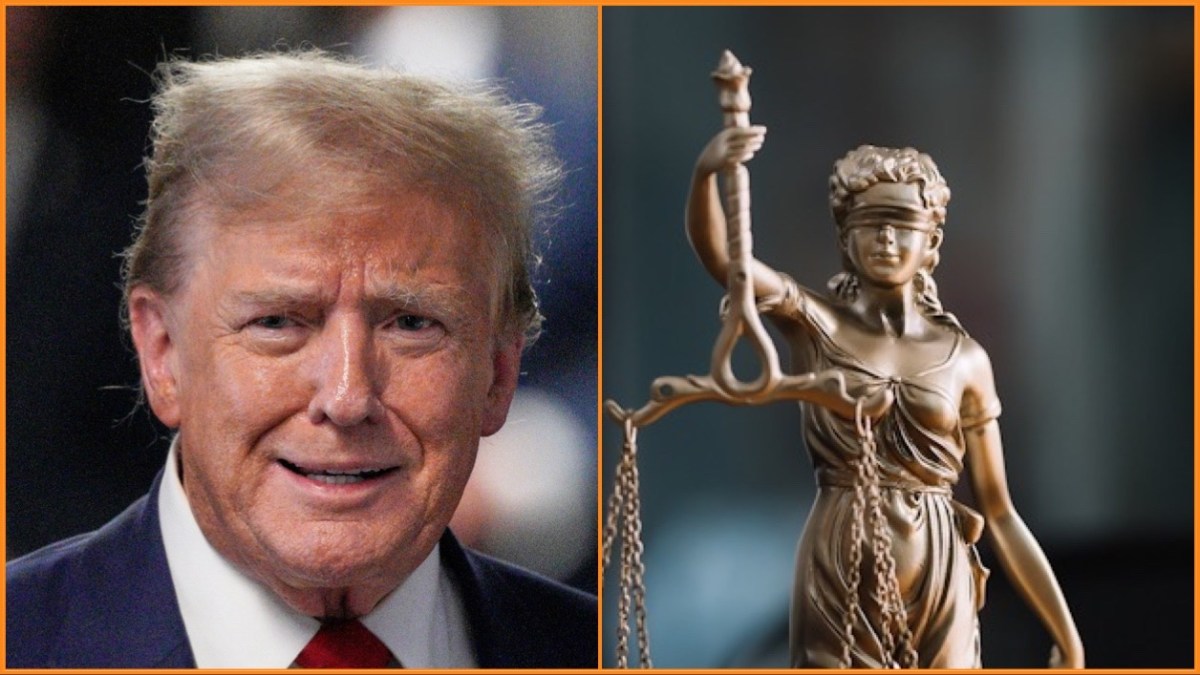You’ve probably heard the term gag order tossed around in the news lately, especially with all the drama surrounding former President Donald Trump.
On March 25, the judge overseeing Trump’s criminal hush money trial in New York imposed a gag order against the Big Mac. The order was meant to prevent Trump from using his platform to influence the proceedings, which revolve around allegations that Trump played fast and loose with his business records, falsifying them to sweep a $130,000 payment to adult film star Stormy Daniels under the rug.
However, after multiple warnings, the judge has had enough of the former president’s loose lips and has decided to hit him where it hurts– his wallet. Fed up with Trump’s blatant disregard for the gag order, the judge slapped him with a $9,000 fine on Tuesday. It’s not the first time Trump has faced consequences for violating a gag order; he previously paid fines exceeding $15,000 in his civil fraud trial for similar transgressions. You’d think he’d learn his lesson by now, but apparently, old habits die hard.
Breaking down the gag
So, what exactly is a gag order, and why is it such a big deal? In simple terms, a gag order is a court-issued directive that prohibits parties involved in a legal case from discussing the matter publicly. It’s like a muzzle for mouths, designed to prevent individuals from engaging in a public relations battle outside the courtroom. Gag orders serve several important purposes: They help protect the privacy of witnesses; prevent the tainting of a jury pool; and maintain the integrity of ongoing investigations.
Imagine you’re on trial for something you didn’t do. Now imagine the local news is all over your case, spinning every detail before the facts are all laid out. Not so fair, right? That’s where gag orders come in. They’re meant to keep the trial fair by preventing the court of public opinion from becoming the actual court.
In high-profile cases involving celebrities or politicians, gag orders are particularly crucial, as the temptation to sway public opinion through the media can be incredibly strong.
The concept of gag orders has been around for decades, with landmark cases like Sheppard vs. Maxwell (1966) setting the stage for their use. Sam Sheppard, a prominent Ohio doctor, was accused of murdering his pregnant wife in a brutal fashion. The case quickly became a national sensation. The media frenzy was so intense that it was almost impossible for Sheppard to receive a fair trial, as the jurors were constantly bombarded with sensationalized coverage.

